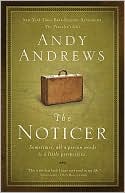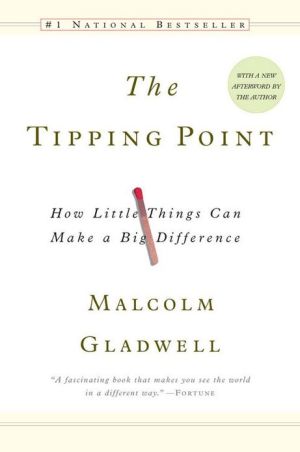How (Not) to Speak of God
With sensitivity to the Christian tradition and a rich understanding of postmodern thought, Peter Rollins argues that the movement known as the “emerging church” offers a singular, unprecedented message of transformation that has the potential to revolutionize the theological and moral architecture of Western Christianity.\ How (not) to Speak of God sets out to explore the theory and praxis of this contemporary expression of faith. Rollins offers a clear exploration of this embryonic movement...
Search in google:
Explore the philosophical and theological underpinnings of the Emerging church movement Publishers Weekly In the first half of this powerful but frustratingly opaque book, debut author Rollins summarizes some of the theological ideas that the so-called emerging church is currently exploring: the importance of doubt and silence, the limits of apologetics, and the idea that God is concealed even as God is revealed. He skillfully scrutinizes Christian teaching though the lens of postmodern (especially deconstructionist) theory, and argues that Christians should both affirm their views of God and recognize that those views are inadequate. The second half comprises a set of liturgies that Rollins's religious community, an Irish group called Ikon, has employed. One service explores "divine absence" through a parable and a reading from Pascal. A ceremony for Advent uses sackcloth and ashes to highlight the penitential nature of the season. If most of these liturgies are affecting, some are a little hokeyin a concluding service called "Queer," for example, participants wrap stones, representing their prejudices, in Bubble Wrap. While this may prove an important book for some younger Christian leaders, dense prose will limit its audience: "God's interaction with the world is irreducible to understanding, precisely because God's presence is a type of hyper-presence." Nonetheless, a very enthusiastic foreword from Emergent elder statesman Brian McLaren will help create buzz. (Aug.) Copyright 2006 Reed Business Information.
\ Publishers WeeklyIn the first half of this powerful but frustratingly opaque book, debut author Rollins summarizes some of the theological ideas that the so-called emerging church is currently exploring: the importance of doubt and silence, the limits of apologetics, and the idea that God is concealed even as God is revealed. He skillfully scrutinizes Christian teaching though the lens of postmodern (especially deconstructionist) theory, and argues that Christians should both affirm their views of God and recognize that those views are inadequate. The second half comprises a set of liturgies that Rollins's religious community, an Irish group called Ikon, has employed. One service explores "divine absence" through a parable and a reading from Pascal. A ceremony for Advent uses sackcloth and ashes to highlight the penitential nature of the season. If most of these liturgies are affecting, some are a little hokeyin a concluding service called "Queer," for example, participants wrap stones, representing their prejudices, in Bubble Wrap. While this may prove an important book for some younger Christian leaders, dense prose will limit its audience: "God's interaction with the world is irreducible to understanding, precisely because God's presence is a type of hyper-presence." Nonetheless, a very enthusiastic foreword from Emergent elder statesman Brian McLaren will help create buzz. (Aug.) Copyright 2006 Reed Business Information.\ \ \ \ \ Library JournalRollins, founder of Ikon, a religious community in Belfast, Ireland, has written a theological book that attempts to outline a religious program for the New Age religious phenomenon known as the emerging church movement. His writing, like the book's title, is in the form of a series of opposites-e.g., one cannot speak of God, yet one must speak of God. Consequently, the text smacks of neo-mysticism, a postmodern theology that encourages New Age liturgical experimentation. The book ends with ten very casually organized Ikon religious services whose titles range from "Judas" to "Queer." Only those readers open to New Age theological experimentation will be interested in this book. The religious community of Ikon, as weird and wondrous as it thinks it is, hopes to revitalize contemporary Christianity. But it is unclear whether it will simply fall back into neo-evangelicalism or just be ignored while the practice of religion continues to decline or is marginalized in the complexity of contemporary society. With a foreword by Brian McLaren (A Generous Orthodoxy). Only for those libraries with large New Age collections.-James A. Overbeck, Atlanta-Fulton P.L. Copyright 2006 Reed Business Information.\ \








